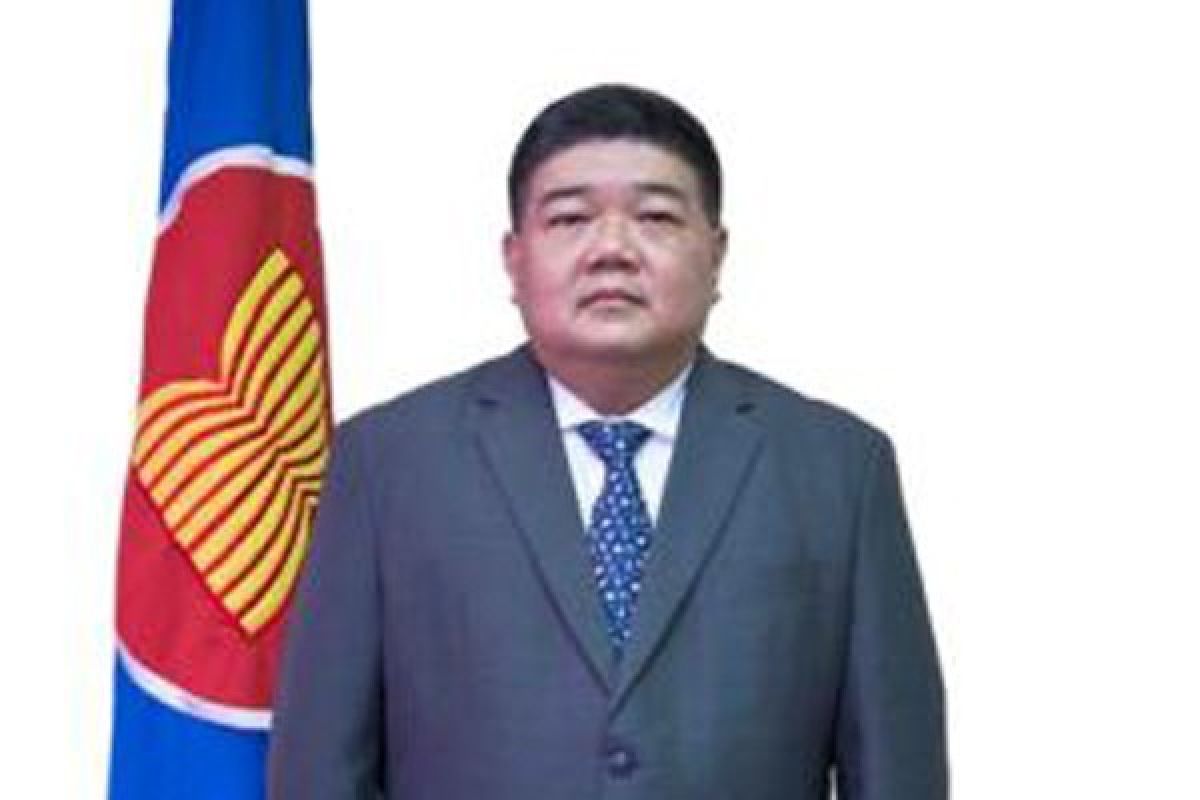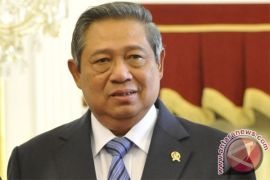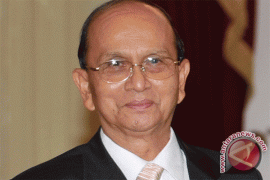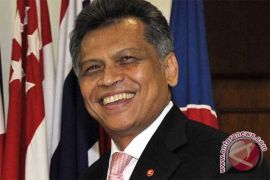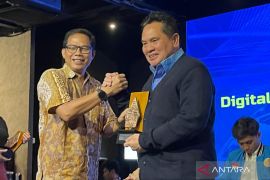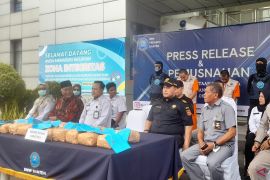"ASEAN will not only be in a position to monitor its integration progress."Jakarta (ANTARA News) - The Association of Southeast Asian Nations (ASEAN) Secretariat and the East Asia and Pacific Region of the World Bank signed an agreement for the World Bank to provide advisory services to ASEAN to strengthen its capacity to monitor progress towards achieving the ASEAN Economic Community (AEC).
The cooperation called the AEC Monitoring and Evaluation Capacity Building Program (AECMEP) is co-financed by the Australian Agency for International Development (AusAID) through the support of the ASEAN Australia Development Cooperation Program Phase II (AADCP II) and the World Bank, the ASEAN Secretariat said in a statement here, Wednesday.
"Through this program, ASEAN will not only be in a position to monitor its integration progress but also to come up with appropriate recommendations to address the identified gaps to further enhance the timely implementation of the AEC," said Dr. Lim Hong Hin, Deputy Secretary-General of ASEAN for the AEC.
With the AECMEP, ASEAN will embark on a systematic monitoring of the region's integration initiatives to realize the AEC by 2015.
He also said that such monitoring and evaluation activities will be overseen by the newly established ASEAN Integration Monitoring Office. "Effective monitoring will facilitate the adoption of the remaining liberalization and regulatory reforms and will move us closer to our goals of an integrated ASEAN," he added.
The partnership between ASEAN Secretariat and the World Bank is expected to further strengthen ties between the two institutions and will complement the on-going collaboration in the areas of disaster management, disaster risk insurance, infrastructure financing, social protection, food security and global development and learning network.
"The ten ASEAN economies together constitute a market of US$ 1.8 trillion, measured by GDP, a very significant economic block," said Bert Hofman, the World Bank Chief Economist for the East Asia Pacific Region, adding that "Deepening regional integration through the ASEAN Economic Community can become a new driver of economic growth for the East Asia region."
Under the agreement, the World Bank will support ASEAN Secretariat and member states to prepare joint ASEAN-WB Integration Monitoring Reports, ASEAN Services Integration report, collect and store policy data, and organize technical workshops on activities where officials from all ASEAN countries will participate. This program was presented and endorsed by the ASEAN Senior Economic Officials in January 2012.
Established in August 1967 and consisting of 10 member states (Brunei Darussalam, Cambodia, Indonesia, Lao PDR, Malaysia, Myanmar, the Philippines, Singapore, Thailand, and Viet Nam), ASEAN has emerged as one of the most dynamic and enduring regional organizations in the developing world.
Future regional integration in South East Asia will be largely driven by ASEAN`s goal to establish the ASEAN Economic Community by 2015. It is expected that ASEAN countries will form a single market in which there will be free flow of goods, services, investment, skilled labor, and freer flow of capital in 2015.
(Tx.F001)
Editor: Priyambodo RH
Copyright © ANTARA 2012
